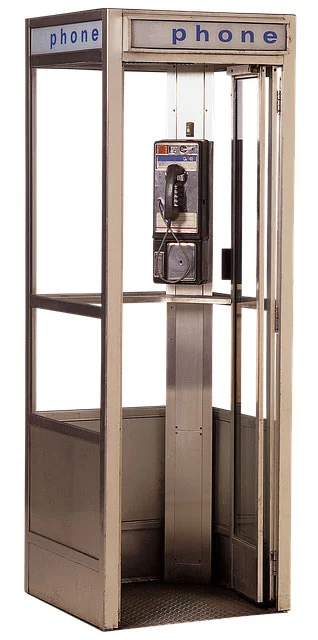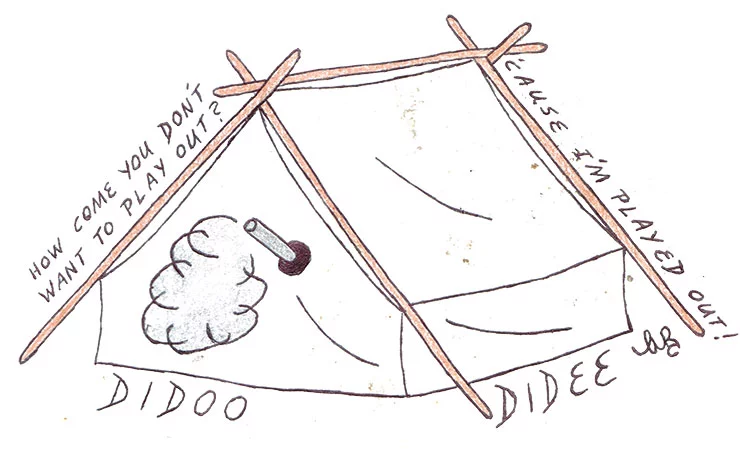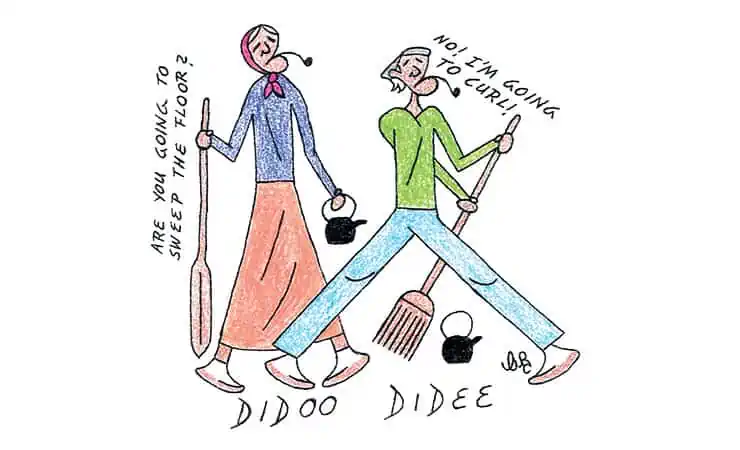I just finished a long-distance chat with my nephew. Really long-distance; he lives in Hong Kong. As we do every month or so, we talked about what’s happening on the streets of his adopted city, and what’s going on here and elsewhere. There’s plenty—impeachment, Brexit, shoes, ships, sealing-wax, pigs with wings. The line was clear, and the conversation lasted nearly an hour. The cost to each of us? Not a single penny.
Flashback to the 1950s, when my siblings and I lived in Ontario and most of our relatives lived in Alberta, California, or England. Calls were rare, and invariably connected to a special occasion such as Christmas, Easter, somebody’s birthday, or somebody’s demise. When we did call, it was always after supper on Sunday, when long-distance rates were lowest. No call was allowed to exceed the magic three-minute time limit.
“Hi, Granny. This is Kenny. Happy Birthday. Bye.” Repeated almost verbatim by all five of us young-uns. Our parents could linger a bit longer, but woe betide anyone who let the conversation wander into overtime. A single icy glare from Dad, who stood by the phone with his eyes riveted to the second hand of his watch, was all the warning we needed to curb our loquaciousness.

You’d stand in a cramped glass booth (which, unlike the Tardis, was definitely not bigger on the inside) and feed linty nickels and dimes into Ma Bell’s chrome-and-polymer apparatus. As the coins clinked their way down the machine’s innards, you could imagine an invisible operator tapping her foot impatiently, waiting for the full deposit. Meanwhile, the party at the other end was left hanging onto a silent receiver. No wonder the Mike Nichols-Elaine May sketch about the payphone user telling three unsympathetic operators about the fate of his last dime, remains a comedy classic nearly 60 years later.
And who can forget the lovesick lad begging Mrs. Avery to let him speak one last time with her daughter, Sylvia? All the while, the operator keeps demanding “40 cents more for the next three minutes.”
With unlimited domestic calling plans and free online options, things are decidedly better now. Yet still, for some strange reason, I find myself waiting until after supper on Sunday to do most of my long-distance calling. I just don’t count the minutes anymore.




